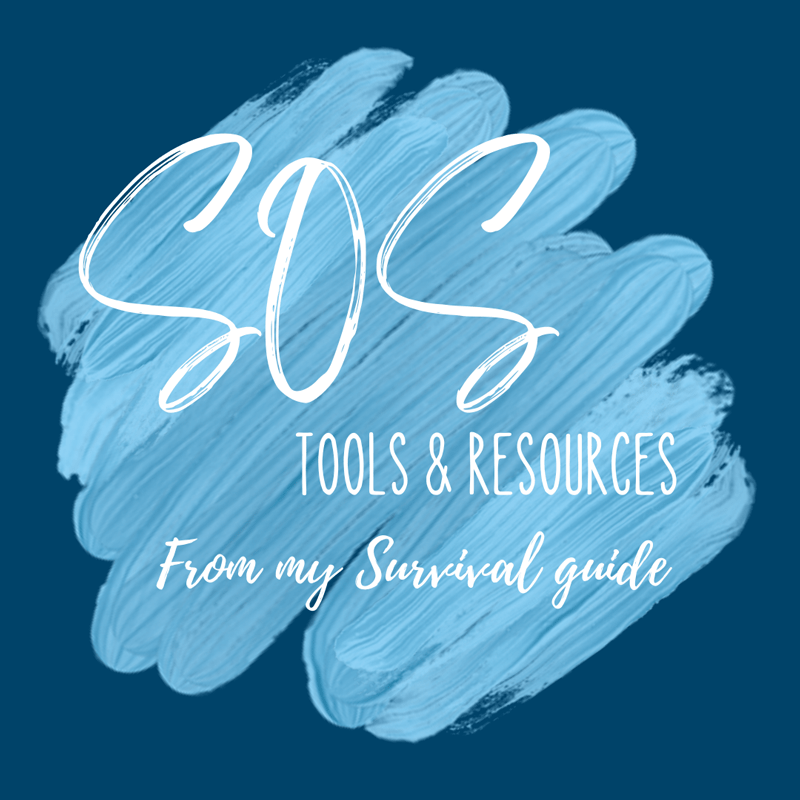Exercise & Moving
Did you know the ‘feel-good’ chemicals released through exercise & moving our bodies are the exact same chemicals released when we are in the presence of a romantic interest…
A little sliver of reflection and an important chapter to my survival guide…
Sleeping, listening to our true selves, and journaling are some of the best practices we can do to enrich our settling down phase before bed. We have all been there when our minds are racing, we cannot switch off, and we are struggling to get to sleep as we lay in our beds. We often find our minds come alive at night, and we can be flooded with uncomfortable judgments, emotions, anxiety or worrying thoughts.
Some people like to combine meditation into these three evening practices to help them self-soothe before sleeping. But at the start of my healing journey, I found meditation practices difficult and found more comfort in journaling and practising mindfulness. It is important that we experiment so we can find what works best for us.
Here is another option from my survival guide, which is something I try to practise continuously:
Let’s start with listening to our true-selves…
So, how can we start listening to our true-selves?
Once we have gathered our thoughts, write them down. I have found tremendous help in journalling my thoughts and feelings just before going to bed. For myself and others, we have found that listening to our true-selves and writing these thoughts and feelings down, helps to clear the ‘busyness and fuzziness’ that can arise just before sleeping.
Let’s talk about journaling (one of my favourites, or I like to call it, mind-dumping) …
And finally, after listening to our true-selves, journalling and clearing our minds, we can start to look at sleeping.
Of course, sleeping, listening to our true-selves, and journaling is not a remedy for all mental health issues, and it is not a substitute for medication or therapy. However, it can be a valuable addition to a mental wellbeing plan, and it can help us to improve our overall quality of life.
This will improve quality routines around sleeping and will help us manage negative self-talk and 'emotional rollercoasting' during the day, as we will not be as tired from an interrupted sleep pattern.

Made by Charlotte Spurway L.L.C.